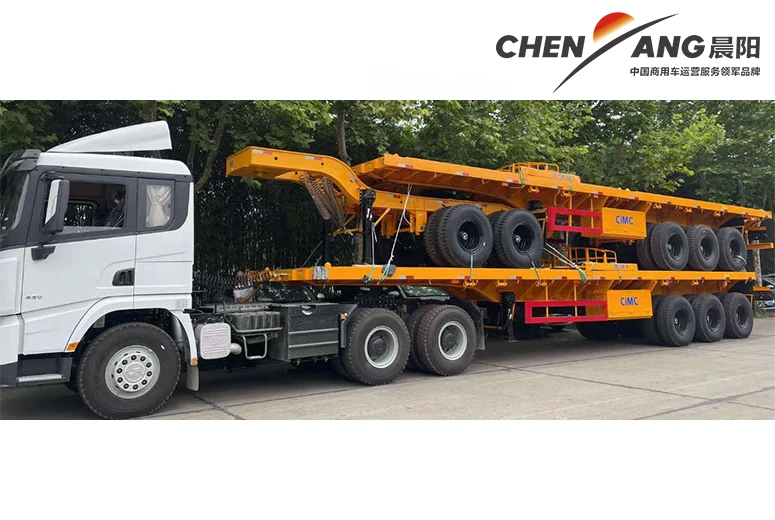water trailer
The Importance of Water Trailers in Modern Agriculture
In contemporary agriculture, efficient water management has become a crucial component of sustainable farming practices. One innovative solution that has emerged to address this challenge is the water trailer. These mobile water storage systems have transformed the way farmers irrigate their crops, manage livestock, and conserve water. This article delves into the significance of water trailers, exploring their features, advantages, and the role they play in modern agriculture.
What is a Water Trailer?
A water trailer is essentially a large tank mounted on a trailer, designed for transporting water from one location to another. These trailers come in various sizes and configurations, catering to different agricultural needs. They can be pulled by tractors, ATVs, or trucks, allowing for mobility and flexibility in water distribution across large properties. The tank is typically equipped with a pump for easy filling and dispensing, as well as hoses and fittings to facilitate effective watering.
Features of Water Trailers
Water trailers are designed with functionality and durability in mind. Most models are constructed from high-quality materials resistant to corrosion and damage from environmental factors. Common features include
1. Capacity Options Water trailers come in different capacities, ranging from a few hundred to several thousand liters, allowing farmers to choose based on their specific requirements.
2. Pump Systems Equipped with powerful pumps, these trailers can fill and empty quickly, making the irrigation process more efficient.
3. Adaptable Hitching Systems Many water trailers are designed to be easily towed by various vehicles, enhancing their versatility in different farming environments.
4. Spray and Hose Attachments Some models include spray nozzles and hose reels, streamlining the application of water over large fields or pastures.
water trailer

Advantages of Using Water Trailers
1. Efficiency in Water Usage Water trailers enable farmers to transport and use water more efficiently, reducing waste and ensuring that crops receive the hydration they need.
2. Flexibility and Mobility Farmers can easily move trailers to different fields or areas of the farm, adapting to varying water demands based on crop types or weather conditions.
3. Cost-Effectiveness By minimizing water waste and optimizing irrigation methods, water trailers can save farmers money on water bills and improve crop yields.
4. Ease of Use The simplicity of operating water trailers allows farmers to quickly implement irrigation projects without extensive training or specialized equipment.
5. Support for Livestock Management In addition to crop irrigation, water trailers are invaluable in livestock farming, providing a reliable water source for animals, especially in remote or arid areas.
Environmental Impact
The innovative use of water trailers contributes positively to environmental sustainability in agriculture. By facilitating responsible water management practices, these trailers help reduce runoff and erosion while conserving water supplies. Farmers can mitigate the impact of droughts and changing climate conditions, ensuring that their agricultural practices remain viable over the long term. Additionally, by using water trailers to optimize water usage, farmers are less likely to draw from local water sources, contributing to the preservation of regional ecosystems.
Conclusion
In conclusion, water trailers have emerged as a vital tool in modern agriculture, enhancing water management, supporting livestock, and promoting sustainable practices. Their efficiency, adaptability, and ease of use make them an indispensable resource for farmers looking to optimize their operations. As agriculture continues to evolve in the face of climate change and increasing demands on food production, the role of water trailers will likely become even more significant. By investing in this technology, farmers can ensure a resilient future for their farms, communities, and the environment. Embracing water trailers is not just a practical decision; it is an investment in sustainable agricultural practices that benefit everyone.
-
SINOTRUK HOWO 84 Electric Dump Truck for Eco-Friendly Heavy HaulingNewsJul.26,2025
-
The Fast 16-Gear Manual Transmission Assembly for Heavy TrucksNewsJul.25,2025
-
Mercedes Benz Actros 1848 42 Tractor Truck for Sale - Reliable PerformanceNewsJul.24,2025
-
High-Quality Water Pump Assembly for Sinotruk Trucks – Durable & ReliableNewsJul.23,2025
-
Premium Truck Engine Antifreeze Coolant Fluid for Heavy Duty VehiclesNewsJul.22,2025
-
FOTON View G7 Mini Bus: Affordable & Spacious TransportNewsJul.22,2025
Popular products

























